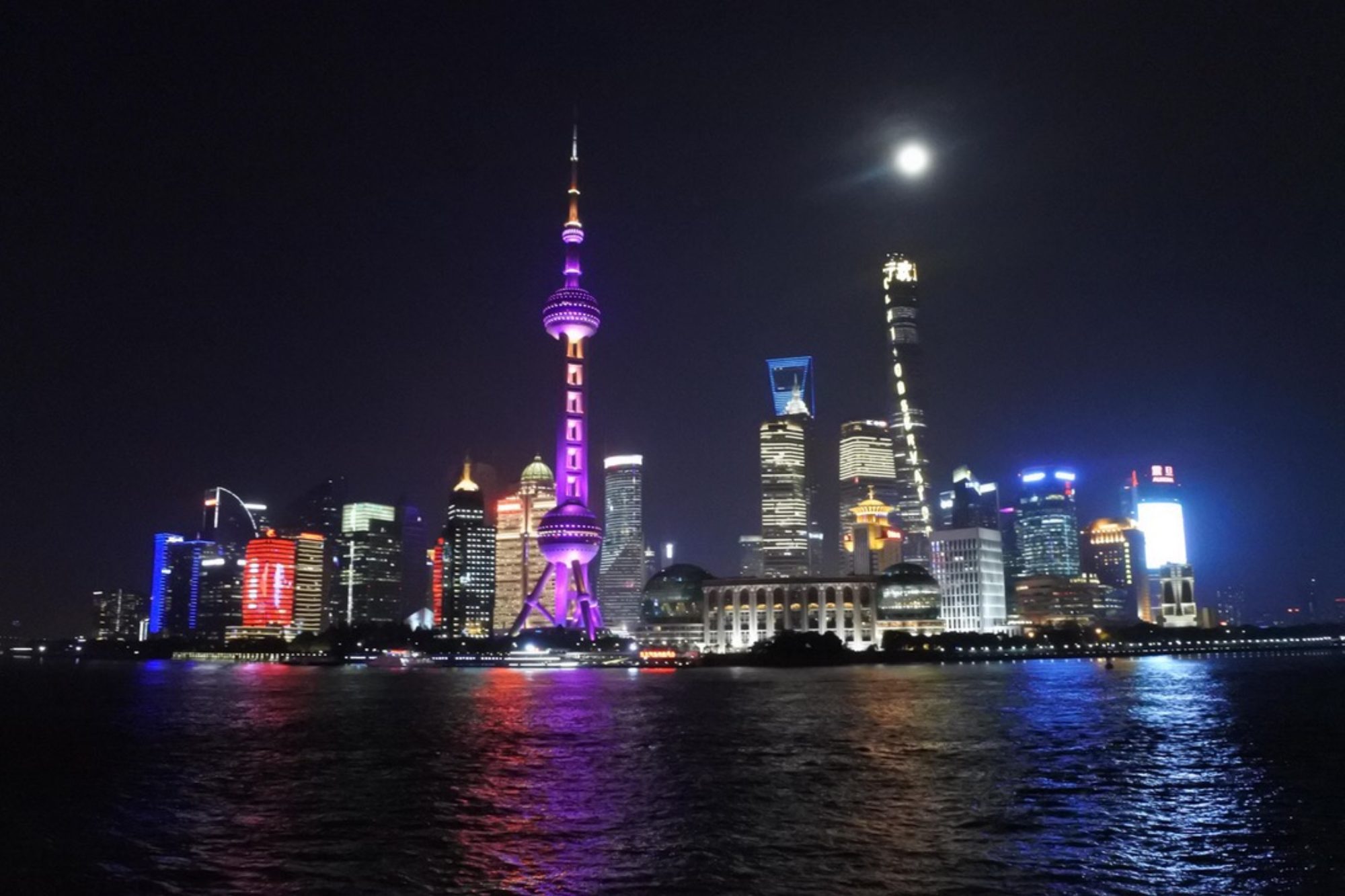Failure to adopt new energy technologies will hurt America’s chances to help slow climate change. It may also jeopardize U.S. global power and security.
“If we don’t want to necessarily repeat a lot of the tough lessons of the last 40 to 50 years,” said retired Marine Corps Lieutenant General Richard Zilmer. “Better to plan now and get ahead of that—and control the process—than react to it.”
The quest for cleaner and more efficient energy systems is already forging new trade ties and, consequently, political relationships, according to a report by Zilmer and 14 other former high-ranking military officials. Ultimately, those ties will bring “dramatic changes in global spheres of influence,” they wrote. China and European Union members are steering their economies into “the vanguard of manufacturing” and commerce, with the U.S. showing little competitive vision.
“Ceding U.S. leadership here has inherent national security risk,” the authors, part of the CNA Military Advisory Board, warn, “including loss of global influence and diplomatic leverage, as well as forgone economic opportunities.”
Dismissing multiple decades of research into manmade climate change has been a common theme among Republicans who control Congress and now the White House. Dismissing market forces that push nations and industries to clean up while becoming more energy efficient, however, is another thing. The CNA report doesn’t mention “climate change” or “global warming,” but it makes clear that ignoring these market signals carries ominous implications for U.S. economic and national security.
The report, called Advanced Energy and U.S. National Security [pdf], is the seventh analysis put out in 10 years by the nonprofit research group’s advisory board. Initiated in 2015, the study was led by 14 U.S. generals and admirals and a retired British Royal Navy rear admiral.
By “advanced energy,” the authors mean technologies that make energy more accessible, cleaner, and safer—namely renewables, batteries, nuclear, hydropower, and efficiency. Coined in 2011 with the launch of the clean-energy U.S. business network Advanced Energy Economy, the phrase has a euphemistic quality that shields the analysis from sounding like a clean-energy scouting report.
